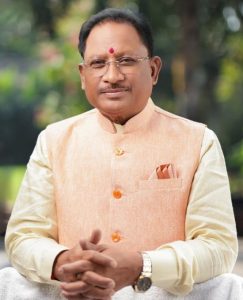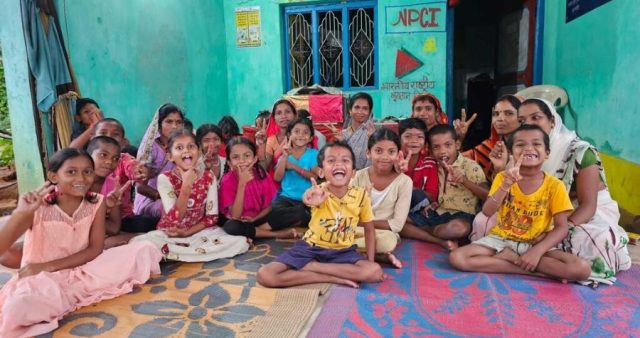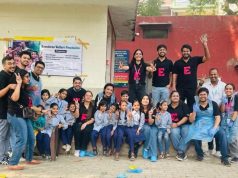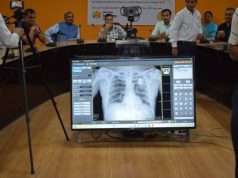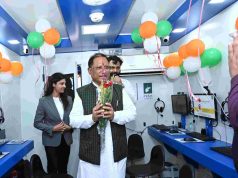Home
CATEGORIES
Education and Skill Training Chhattisgarh school children to receive primary education in 18 local dialects
Chhattisgarh school children to receive primary education in 18 local dialects
In a move to ensure inclusivity in education, the Government of Chhattisgarh led by Chief Minister Vishnu Deo Sai has decided to impart primary education in 18 local dialects mainly in the tribal areas of the state. Chief Minister Vishnu Deo Sai has directed the education department to develop and distribute bilingual books in 18 local languages and dialects.
The goal is to enhance access and quality of education especially in tribal communities so that children can receive education in their mother tongue and stay connected with their culture.
National Education Policy 2020
The move is in line with the National Education Policy 2020 (NEP). As per the three-language formula in NEP 2020, every student in India should learn three languages: two native Indian languages, including one regional language, and English.
“The initiative is a part of the broader vision under NEP (National Education Policy) 2020 to make education more inclusive and accessible to children in their native languages”, as per an official of the Chhattisgarh government.
The CM says
The textbooks and teaching material would be translated into local dialects and teachers would also be trained in these languages as per orders of the Chief Minister.
